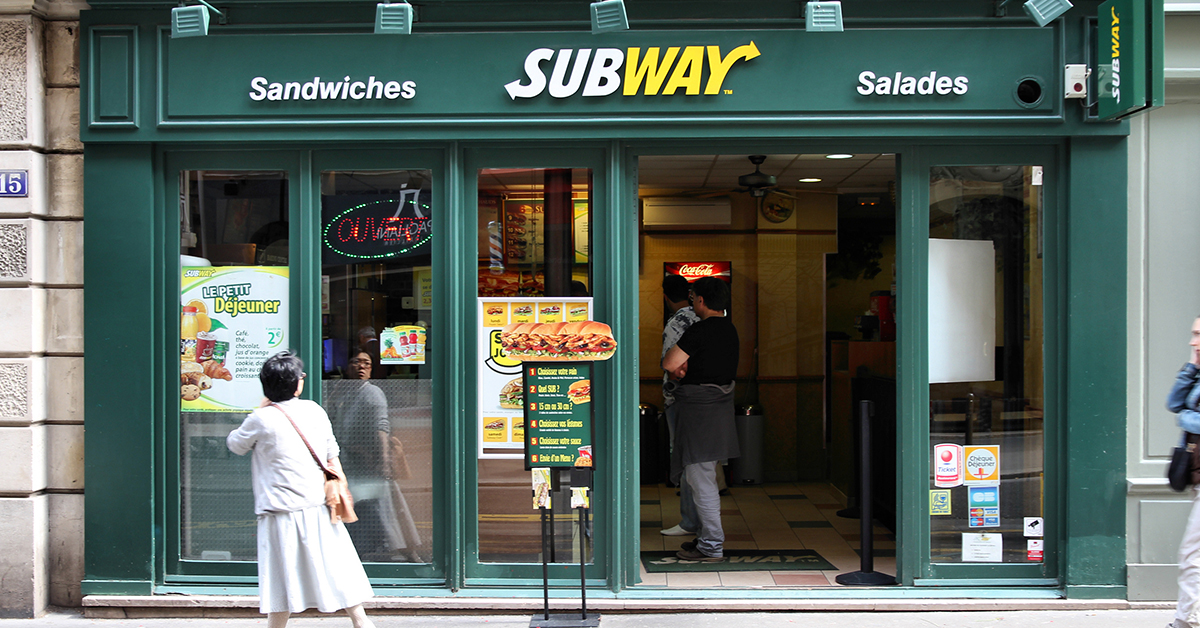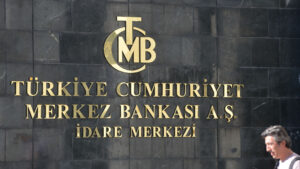In a significant development, Roark Capital is set to purchase Subway, bringing an end to the sandwich chain’s long-standing family ownership that spanned over fifty years. This marks a pivotal moment for the struggling company, signaling a new phase under new ownership.
The announcement, made on Thursday, culminates an extensive sale process that was publicly initiated in February. Subway’s initial asking price of $10 billion proved to be a deterrent for several potential buyers, particularly larger restaurant conglomerates, leaving the field open primarily to private equity firms, which engaged in a competitive auction. Among the reported bidders were TDR Capital and Sycamore Partners.
Notably, the financial terms of the transaction between Subway and Roark have not been publicly disclosed.
Roark Capital boasts a diverse portfolio encompassing over a dozen restaurant chains. While Subway stands out by boasting the largest number of restaurants among them, its annual sales are rivaled only by Dunkin’ within Roark’s portfolio.
Roark Capital, operating through its holding company Inspire Brands, holds ownership of several well-known brands, including Dunkin’, Baskin-Robbins, Sonic, Arby’s, Buffalo Wild Wings, and Jimmy John’s. Additionally, under Focus Brands, the firm owns Auntie Anne’s, Carvel, Cinnabon, Jamba, McAlister’s, Moe’s Southwest Grill, and Schlotzsky’s. Notably, Roark also provided a $200 million investment in the Cheesecake Factory during the early stages of the Covid-19 pandemic to support the struggling chain and prevent insolvency.
Subway has been actively pursuing a business turnaround strategy under the leadership of CEO John Chidsey, who assumed the role in 2019. This strategy included menu revamps, the recruitment of new franchisees, and technological advancements. Encouragingly, the company’s same-store sales recorded a significant 9.8% increase in the first half of the year, suggesting that the turnaround efforts might be yielding positive results.
John Chidsey expressed optimism about the transaction, stating, “This transaction reflects Subway’s long-term growth potential, and the substantial value of our brand and our franchisees around the world.”
Established in 1965 by Fred DeLuca and Peter Buck, Subway’s humble beginnings as a single sandwich shop in Connecticut evolved into a global restaurant giant. However, in the past decade, the company has faced declining sales. Aggressive expansion efforts, coupled with the popular but challenging $5 footlong sandwich deal, squeezed franchisee profits. The brand also endured setbacks from the high-profile trial of former spokesperson Jared Fogle and the passing of CEO DeLuca, both occurring in 2015.
As of the close of 2022, Subway’s US locations numbered around 20,600, a decrease from its peak of 27,100 in 2015, as reported in franchise disclosure documents. Although franchised locations are still being closed, the rate has notably decelerated. Last year, the chain shuttered 571 units, a substantial reduction from the 1,600 restaurants closed in 2020.
Following the passing of Fred DeLuca and Peter Buck in 2021, ownership of the company was divided. DeLuca’s share went to his family, while Buck’s share was bequeathed to a charitable organization run by his sons. Chidsey played a pivotal role in persuading both families to consider the sale of the company, as revealed in his interview with Restaurant Business Online.
(Source: Amelia Lucas | CNBC)









